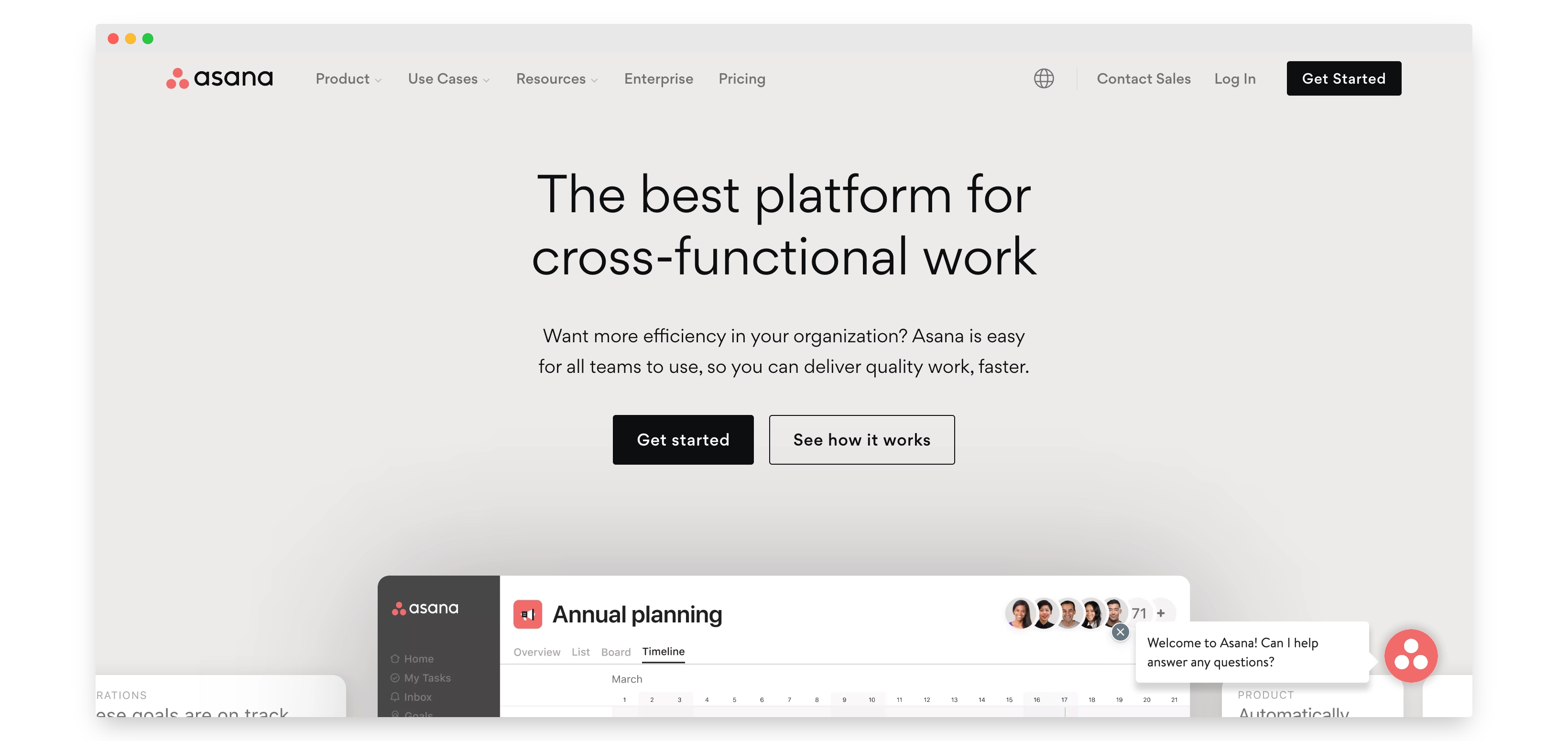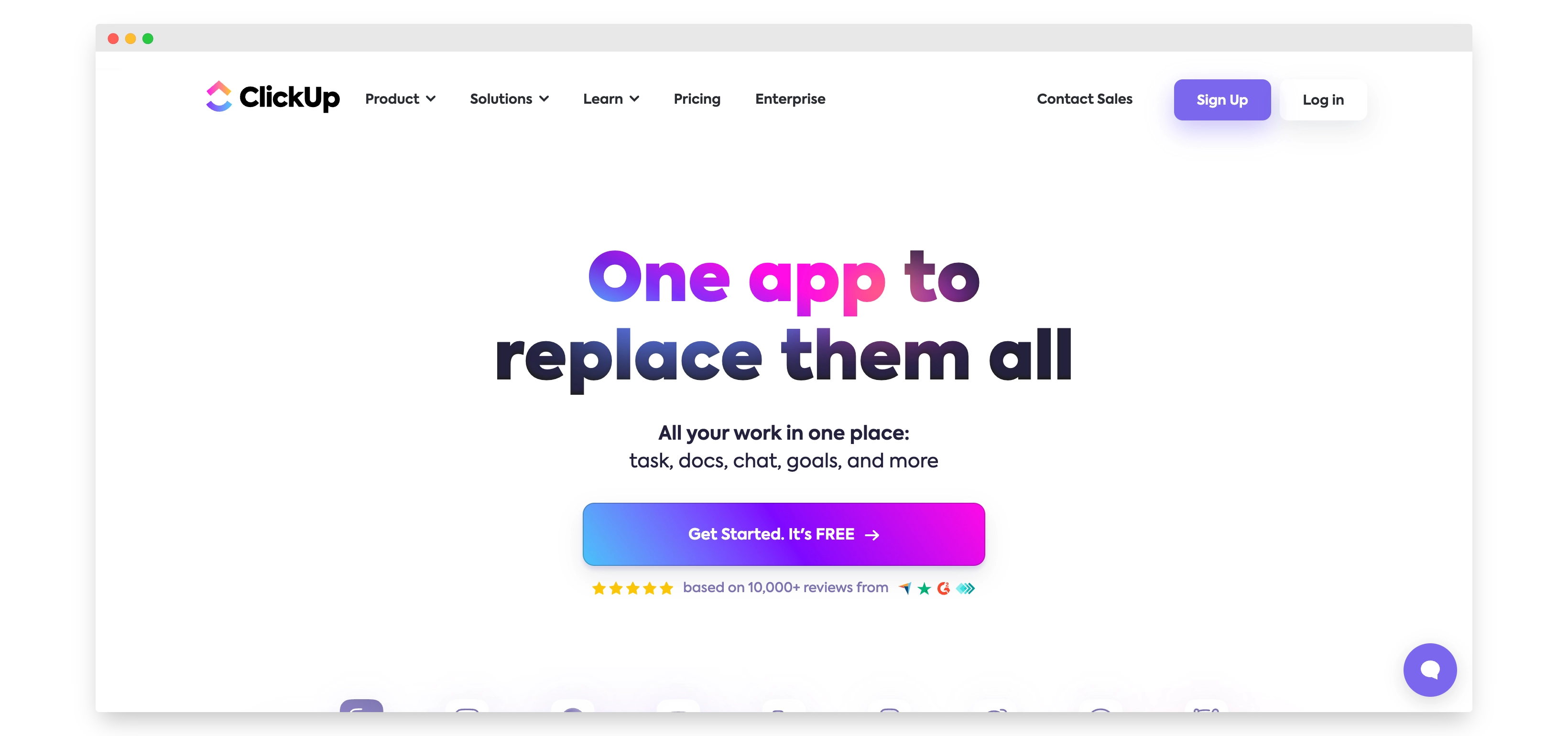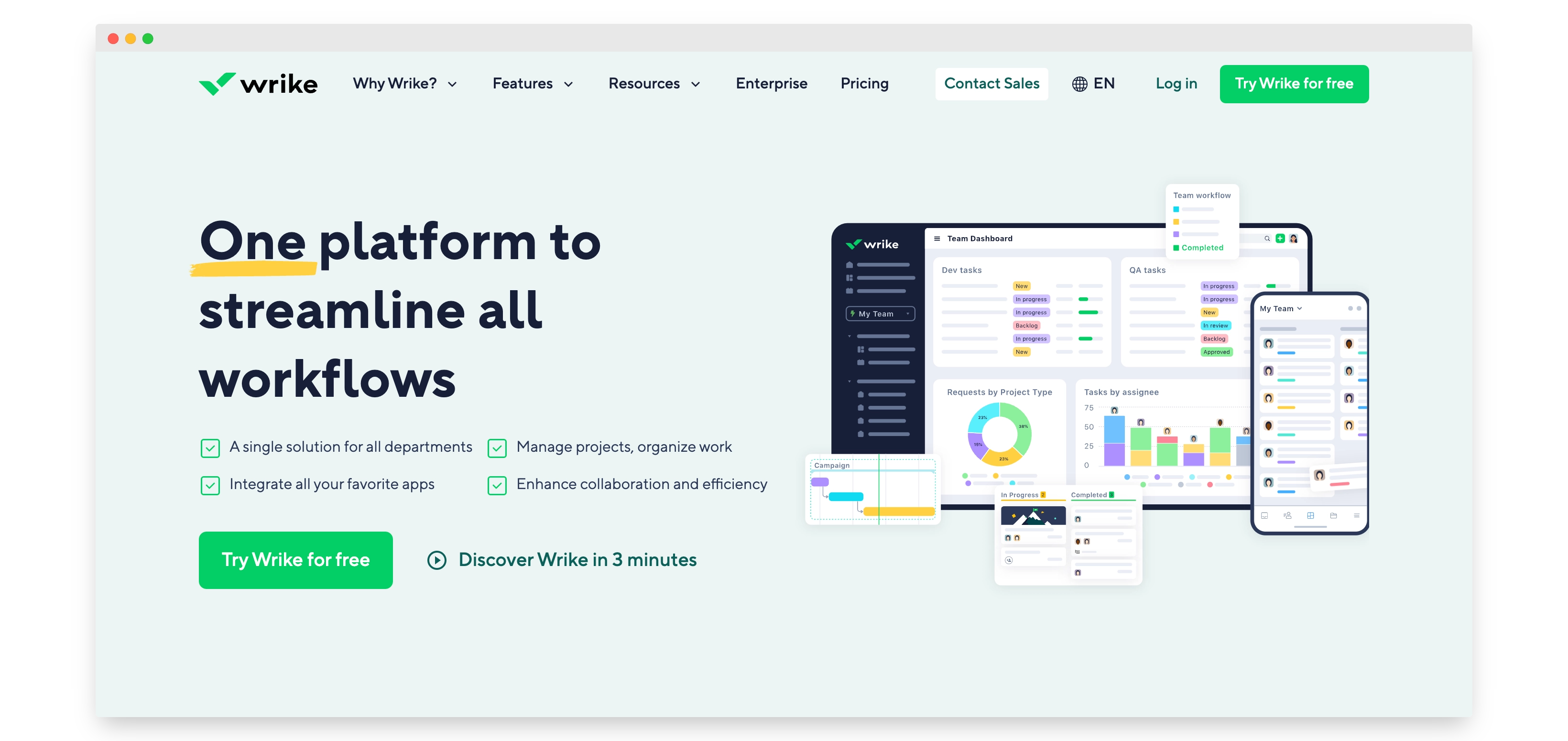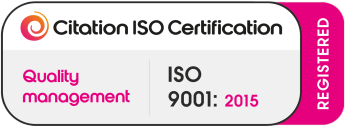10 best construction project management software

Precision and organisation are key for the construction industry. Each step is carefully choreographed, from the first blueprint to cutting the red ribbon of a new structure. From precise tasks and skilfully coordinating resources to strict timelines and complete accuracy, PM software is a saviour.
Like any industry, project management software helps organisations to thrive, but industry-specific tools make the world of difference! Unlike generic options, industry-specific solutions more accurately align with the unique workflows, industry terms, and challenges of the industry.
Stakeholder collaboration is promoted with a tailored solution. Teams also find it easier to understand as a personalised software slots into their existing processes. This also makes adoption of the software across the organisation more likely (because who doesn’t like to use something that makes their life easier?!).
When it comes to construction, these solutions bridge the gap between general tools and the tricky demands of construction projects. For construction professionals looking for that edge, look no further. These top 10 construction project management software solutions will take your game to the next level.
Why do you need project management software for construction?
Construction projects are like intricate puzzles, with countless pieces, teams, materials and resources that need a mastermind's coordination. That's where project management software swoops in as a game-changer.
The construction industry demands laser-focused precision and efficiency at every stage, from planning and design to execution and completion. Whether it’s small business project management software or enterprise, there’s no denying project management software offers a secret lair. One where teams can collaborate in real-time, making communication seamless and reducing the risk of misunderstandings. Features to assign tasks, monitor progress, and manage resources effectively, ensures that projects stay on schedule and within budget.
The construction world poses unique challenges, like managing sneaky subcontractors, mastering intricate schedules, and battling strict safety and regulatory requirements. That's why project management software tailored to the construction industry comes with special features! These include critical path scheduling, resource allocation, and risk management specific to construction projects. It empowers project managers to see potential obstacles, optimise resources, and conquer risks.
What key features should construction project management software have?
As we said, construction project management software is specifically designed to meet the unique needs and complexities of the construction industry. To make sure the chosen software best suits construction, these are some must-have features that shouldn’t be missed:
- Gantt Charts and scheduling: Construction projects involve a multitude of tasks that must be executed in a specific sequence. Gantt charts provide a visual representation of project timelines, task dependencies, and progress tracking. This feature helps project managers allocate resources, set realistic milestones, and ensure tasks are completed in the correct order.
- Resource management: Efficient allocation of resources, such as labour, equipment, and materials, is crucial in construction projects. The software should allow project managers to assign resources to tasks, ensuring that the right resources are available when needed. This helps prevent delays and optimises resource use.
- Budget tracking: Construction projects often have tight budgets that require careful monitoring. The software should enable accurate budget estimation, expense tracking, and real-time cost analysis. This helps project managers identify potential cost overruns and take corrective measures before they escalate.
- Document sharing and collaboration: Construction projects involve extensive documentation, from blueprints and contracts to permits and invoices. The software should provide a centralised platform for sharing, storing, and collaborating on project-related documents. This ensures that all stakeholders have access to up-to-date information, reducing errors and miscommunication.
- Risk management: Construction projects are susceptible to various risks, such as weather disruptions, regulatory changes, and unforeseen delays. The software should have risk management tools to identify potential risks, assess their impact, and develop strategies to mitigate them. This proactive approach helps project managers make informed decisions and minimise project setbacks.
- Progress tracking and reporting: Clear visibility into project progress is essential for construction project management. The software should provide comprehensive reporting and analytics tools that offer insights into project status, task completion rates, and resource use. This data empowers project managers to make data-driven decisions and adjustments.
- Communication tools: Effective communication is vital for successful construction projects. The software should offer communication tools like messaging and comment threads for communication among all involved.
These key features together enhance construction project management by providing a well-made toolkit to meet industry's specific challenges. They enable effective planning, optimised resource allocation, proactive risk mitigation, and streamlined communication to name a few. Basically everything that contributes to successful project delivery in construction.
Top construction project management software solutions
Fluid

- Features: Fluid offers a comprehensive set of tools tailored for construction project management. It includes Gantt charts, task tracking, resource allocation, budget management, document sharing, and real-time collaboration.
- Benefits: Fluid provides a centralised platform for construction teams to plan, execute, and monitor projects efficiently. Its user-friendly interface makes it easy for teams to stay connected and updated.
- Pros: Intuitive interface, customisable workflows, advanced reporting, BIM integration, mobile app, and excellent customer support.
- Cons: Limited time to enjoy Fluid with the free trial.
- Industry-specific functionality: Fluid caters to the unique needs of construction projects, offering features like construction scheduling, resource allocation, budget tracking, and document management.
PlanGrid

- Features: PlanGrid focuses on construction document management, allowing teams to access, update, and share blueprints, drawings, and documents in real-time.
- Benefits: PlanGrid eliminates the need for paper-based documentation, reducing errors and delays. Its mark-up tools facilitate collaboration and streamline communication.
- Pros: Easy-to-use interface, document version control, field data capture, mobile access, and time-saving features.
- Cons: Limited advanced project management features, may require integration with other tools.
- Industry-specific functionality: PlanGrid is designed to simplify document management in construction, enhancing collaboration among architects, engineers, contractors, and other stakeholders.
CoConstruct

- Features: CoConstruct specialises in residential construction project management, offering features like project scheduling, budget tracking, client communication, and selection management.
- Benefits: CoConstruct is built to improve communication with clients, streamline selections, and manage custom home building projects efficiently.
- Pros: Client portal, customisable templates, budget tracking, integration with QuickBooks, and efficient client communication.
- Cons: Primarily suited for residential construction, limited scalability for larger projects.
- Industry-specific functionality: CoConstruct caters to custom home builders and remodelers. Providing tools for seamless client collaboration, budget control, and project visibility.
Asana

- Features: Asana offers project tracking, task management, and collaboration tools for construction projects. Aiding teams in planning, assigning tasks, and tracking progress.
- Benefits: Asana enhances project transparency, task accountability, and team communication, promoting smoother construction workflows.
- Pros: Task management, project tracking, team collaboration, integrations, and user-friendly interface.
- Cons: Advanced project management features may require integrations, scalability limitations for larger projects.
- Industry-specific functionality: Asana's flexibility suits various construction projects by improving task management and communication.
ClickUp

- Features: ClickUp is a versatile project management platform for construction teams. Offering tools for task management, goal tracking, document management, and reporting.
- Benefits: ClickUp centralises construction project information, enhances collaboration, and provides customisable workflows for different project phases.
- Pros: Task management, goal tracking, document management, reporting, integrations, and customisable workflows.
- Cons: Learning curve due to extensive features, may require tailoring for industry-specific needs.
- Industry-specific functionality: ClickUp can be tailored for various construction projects, enabling teams to customise workflows and optimise project management processes.
Wrike

- Features: Wrike provides construction project management tools such as task scheduling, resource management, document sharing, and real-time collaboration.
- Benefits: Wrike streamlines project planning, execution, and reporting, fostering efficient communication and resource allocation.
- Pros: Task scheduling, resource management, document sharing, real-time collaboration, and reporting.
- Cons: Complex features may require time for onboarding, may need integrations for advanced scheduling.
- Industry-specific functionality: Wrike suits construction projects by offering resource management, task tracking, and real-time collaboration, enhancing project coordination.
Zoho Projects

- Features: Zoho Projects offers construction project management tools, including Gantt charts, task tracking, document management, and time tracking.
- Benefits: Zoho Projects simplifies project planning, tracking, and document sharing, promoting streamlined construction project workflows.
- Pros: Gantt charts, task tracking, document management, time tracking, and integrations.
- Cons: Limited advanced project management features, may require integration for financial tracking.
- Industry-specific functionality: Zoho Projects caters to construction projects by offering Gantt charts for planning, task tracking, and document sharing.
Procore

- Features: Procore is a comprehensive construction management platform that includes tools for project planning, scheduling, document control, financial management, and collaboration.
- Benefits: Procore streamlines communication between different stakeholders, allowing for real-time updates and efficient collaboration. Its cloud-based platform ensures access to project information from anywhere.
- Pros: Robust feature set, strong integrations, mobile app, BIM integration, and extensive reporting capabilities.
- Cons: Complexity for small projects, high cost, learning curve.
- Industry-specific functionality: Procore is built specifically for the construction industry. Offering features like punch lists, daily logs, submittals, RFIs, and safety management.
Fieldwire

- Features: Fieldwire provides tools for construction document management, task tracking, plan viewing, and reporting for construction projects.
- Benefits: Fieldwire simplifies document access, task assignment, and progress tracking for construction teams on-site.
- Pros: Plan viewing, document markup, task tracking, photo management, mobile app, and real-time collaboration.
- Cons: Limited advanced project management features, may require integration with other software.
- Industry-specific functionality: Fieldwire is designed for construction teams to collaborate effectively on-site, improving task management and document access.
TeamGantt

- Features: TeamGantt is known for its intuitive Gantt chart interface that simplifies project scheduling, task management, and team collaboration.
- Benefits: TeamGantt helps construction teams visualise project timelines, allocate resources, and keep everyone on track with task dependencies.
- Pros: Gantt chart interface, task scheduling, resource allocation, task dependencies, collaboration, and real-time updates.
- Cons: Primarily focuses on scheduling and task management, may lack more advanced features for construction-specific needs.
- Industry-specific functionality: TeamGantt's Gantt chart interface can be applied to construction projects to create clear project timelines and manage tasks efficiently.
When choosing construction project management software, it's important to consider:
- Project scope
- Team size
- Specific company needs such as process
Each software solution offers unique features and benefits that cater to different aspects of construction project management.
Project management software across industries
Project management software isn't just limited to the construction world. Many other industries also benefit from the adoption of industry-specific project management software. Project management software for architects, healthcare, information technology, and many more recognise the value of tailoring tools to the needs of different industries.
While industry-specific software is important, project management software holds advantages for any organisation. These advantages include:
1. Streamlined workflows: Project management software simplifies the process of initiating, planning, executing, monitoring, and closing projects. It provides a structured approach to managing tasks, resources, and timelines, resulting in improved project execution.
2. Enhanced collaboration: Effective communication and collaboration are essential in any industry. Project management software offers tools for real-time communication, file sharing, and progress tracking. This fosters teamwork among team members, stakeholders, and clients.
3. Transparent reporting: Project management software generates detailed reports and visual dashboards. Offering insights into project progress, resource allocation, and budget usage. This transparency enables informed decision-making and timely adjustments.
4. Resource optimisation: Regardless of the industry, efficient resource allocation is crucial. Project management software helps allocate resources based on project priorities, ensuring optimal utilisation and preventing overburdening of specific team members.
5. Risk mitigation: Unforeseen challenges can impact any project. Project management software facilitates risk identification and mitigation strategies, helping organisations proactively address potential issues.
6. Scalability: Organisations in any industry experience growth. Project management software that scales allows businesses to handle increasingly complex projects without disrupting established workflows.
Although industry-specific project management software meets the unique demands of particular sectors, PM software as a whole is game changing. The core principles of effective project management—organisation, collaboration, communication, and efficiency—apply to any industry and therefore any business.
See how Fluid enables your business to deliver the right strategic change















